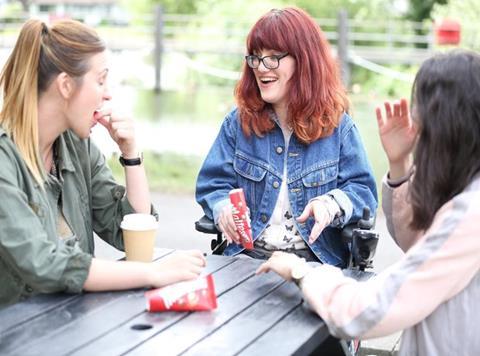
Maltesers’ new ad series will hit the small screen tomorrow – and it is likely to curl your toes. There are three ads, each featuring women celebrating the ‘light side’ of life with Mars choccies at the end of corny and embarrassing (and, in one instance, smutty) anecdotes. It’s the same format that’s worked for the brand for, ooh, yonks.
Oh, and each commercial stars a disabled actor. One’s in a wheelchair, another’s deaf and the third experiences violent spasms. Each tells a cringeworthy story based on frankly mundane, real-life tales of comical woe. It’s no big deal.
Well, actually it is. It shouldn’t be – but it is. People of disability are wildly under-represented in both advertising and the grocery industry, so any company that gives them prominence, without portraying them as ‘special’ or pitiful, deserves applause.
The new Maltesers clips – created with advice from disability charity Scope – will make their debut tomorrow to coincide with the opening of the Paralympics in Rio. One hopes they will serve as the torch that lights the flame of activism among other fmcg businesses to celebrate not just disability but all manner of diversity. Look, for example, at how L’Oréal Paris is using people of colour in its new #YoursTruly campaign.
Not only is it the right thing to do, it’s also good for business.
But don’t just take my word for it. Here’s Mars Chocolate VP for marketing Michele Oliver to explain. “Diverse businesses will win in the marketplace,” she says. “Sameness is boring.” And a variety of people would not only better represent the British public “in all their glorious diversity”, it would also benefit firms by offering a greater understanding of consumer bases, she adds.
From now on, Mars will “think diversely” about its ad scripts and offer disabled actors the opportunity to audition regardless of whether or not the commercials concern disability – which is enlivening news.
But it can’t just be in telly ads where diversity figures. Myriad bodies, skin colours and genders have to be working within the industry, as well as hawking its goods, if true advancement is to be made. The right thing to do would be to attract more diverse talent, says Oliver – who, incidentally, sits on a board of eight people featuring three ethnicities and a 50/50 split between male and female.
We need to see much more of the same.







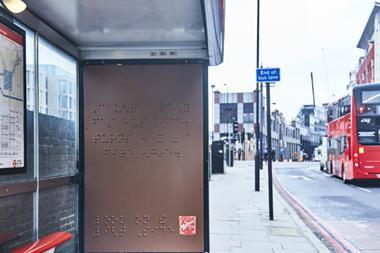

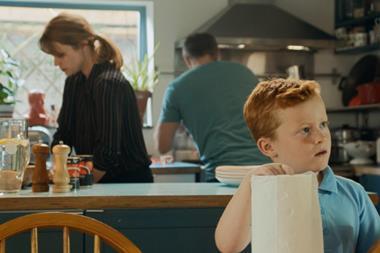

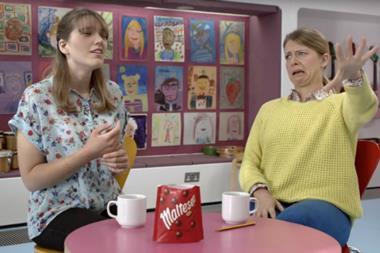
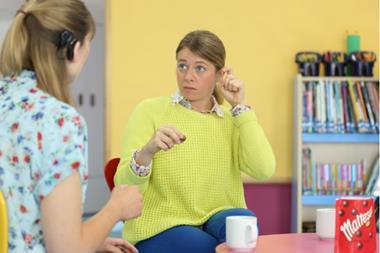






No comments yet